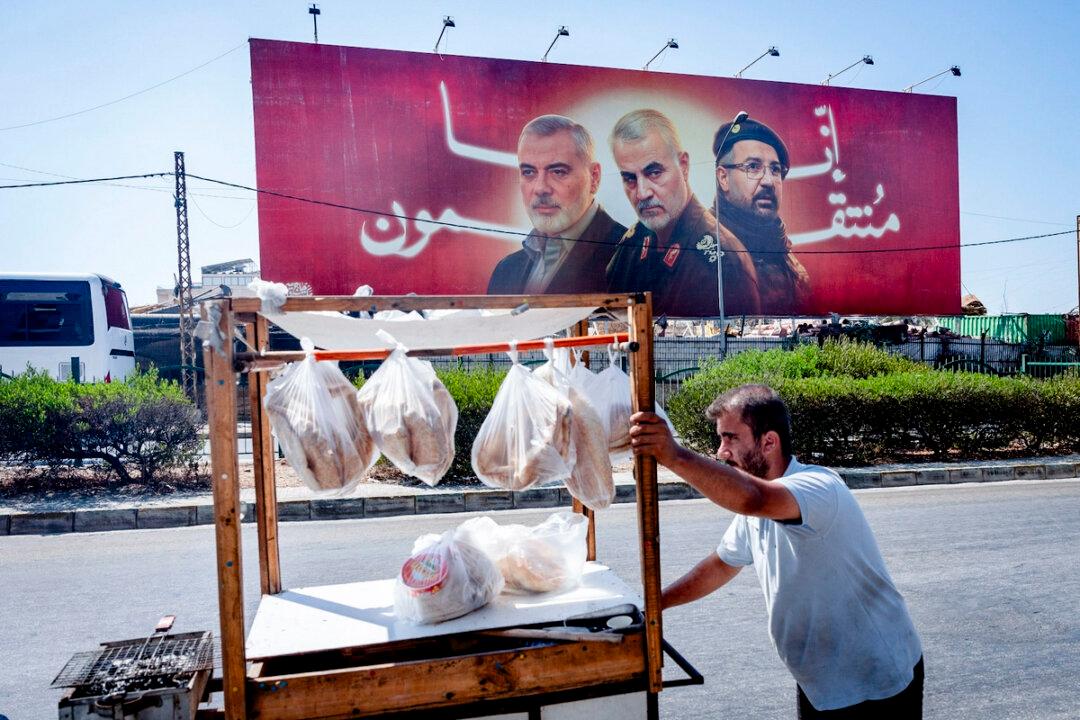Efforts to reach a cease-fire accord between Israel and Hamas after 10 months of war in the Gaza Strip have stalled after Hamas said on Aug. 14 that it wouldn’t take part in a new round of cease-fire talks slated to start the next day in Qatar.
That, in turn, dimmed hopes for a cease-fire that could hold back an Iranian attack on Israel in retaliation for the assassination last month of Hamas leader Ismail Haniyeh in Tehran. World powers have been diplomatically striving to avoid a broader war that an Iranian strike could trigger.





